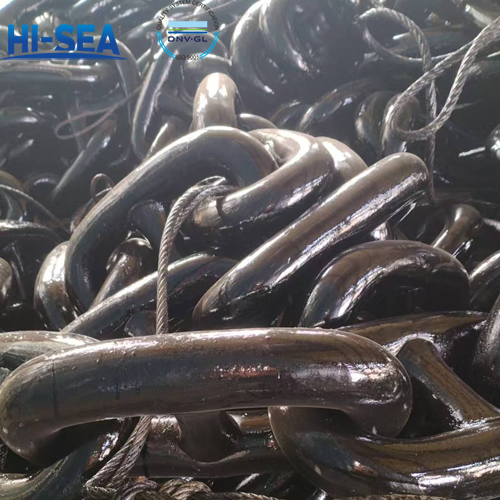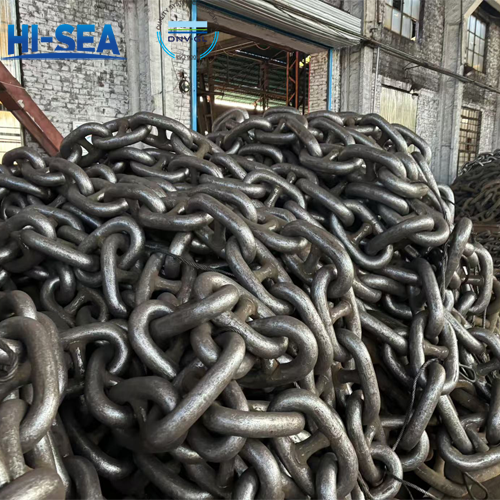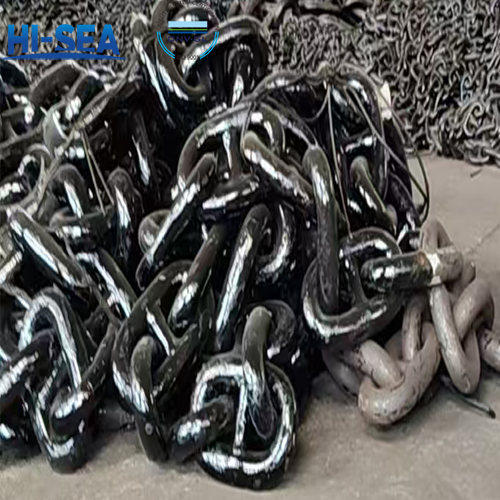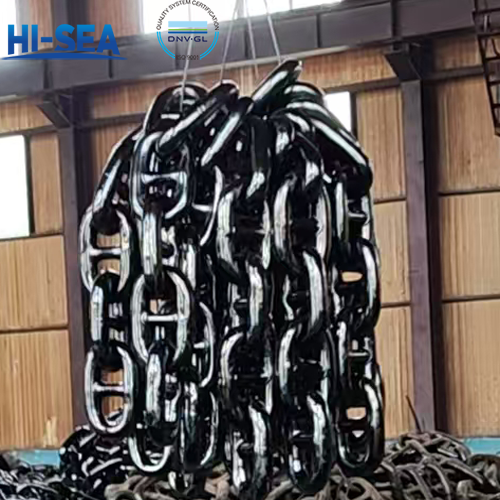
4000m³ UV Ballast Water Management System
System Models & Specifications:
Model: P-50 ~ P-4000 (Explosion-proof Type as Optional)
Power Supply: 380-440 VAC/3 PH |50/60 HZ
Treatment Capacity: 50-4000 m3/h
Design Pressure:8 bar
Influent Pressure: Over 1.0 bar
Pressure Drop: 0.1-0.5 bar
Valve Actuation: Electrical/Hydraulic/Pneumatic
UV Self-Cleaning: Advanced Ultrasonic Descaling Technology
Flexible Installation Options:
‐ Totally Loose Components Supply
‐ Distributed Mounting Proposal
‐ One Skid Mounting Proposal
‐ Containerized Fitting-On-Deck Type Proposal
Overview
The Composition of BWMS
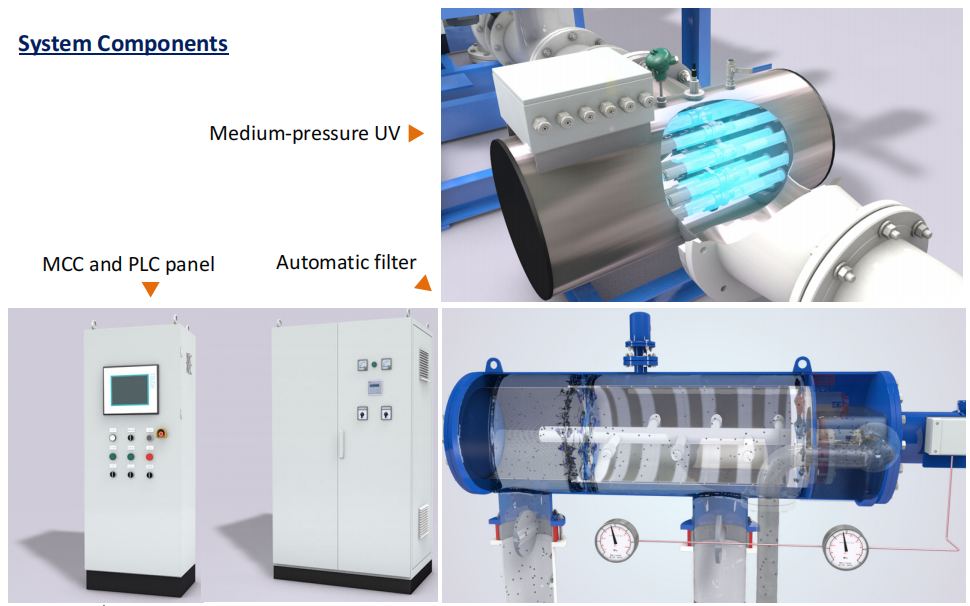
System Schematic Diagram
Ballasting Operation
During the ballasting process, seawater enters the self-cleaning filter from the ship's ballast pump, and the vast majority of organisms and particulate matter are removed to ensure the normal functioning of the subsequent ultraviolet. At the same time, as the filtration proceeds, a layer of "mud cake" is gradually formed on the surface of the filter screen. When the pressure difference between the inlet and outlet reaches the set value, the automatic backwashing process is triggered, and the sludge generated by self-cleaning is discharged into the local sea area. The filtered seawater then enters the medium-pressure ultraviolet reactor. After being irradiated by ultraviolet light in the UV-C band (190nm-280nm), the vast majority of marine microplankton, bacteria, viruses, spores, eggs and larvae of large aquatic organisms, etc. are inactivated, and the treated seawater is distributed to each ballast tank by the ship's piping system.
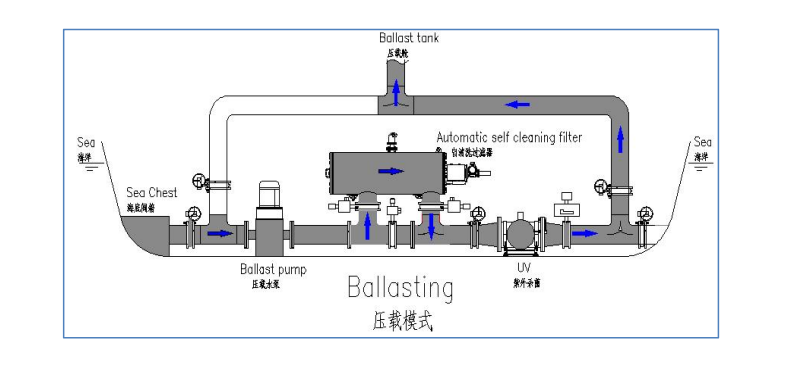
De-Ballasting Operation
During the unloading process, the seawater in each ballast tank, through the switching operation of the ship's valve piping system, flows through the ballast pump and enters the ballast water management system. This process does not need to pass through the filter, but directly enters the medium-pressure ultraviolet reactor to prevent the inactivated microorganisms from having the phenomena of photoreactivation or secondary reproduction in the ballast tank, and then is discharged to the outboard.
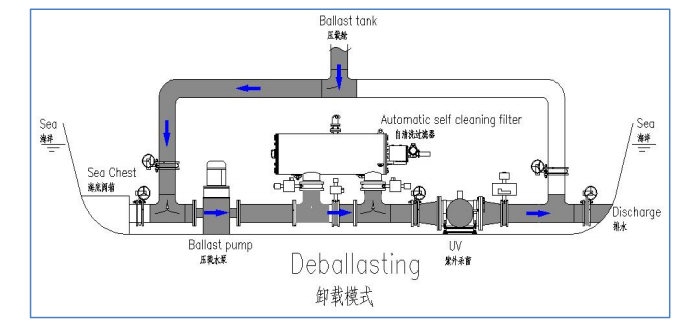
Conclusion
For additional details, please contact us! For other types of products, please feel free to contact us, or visit our Ballast Water Management System homepage to learn more!

 Ballast Water Management System.jpg)
